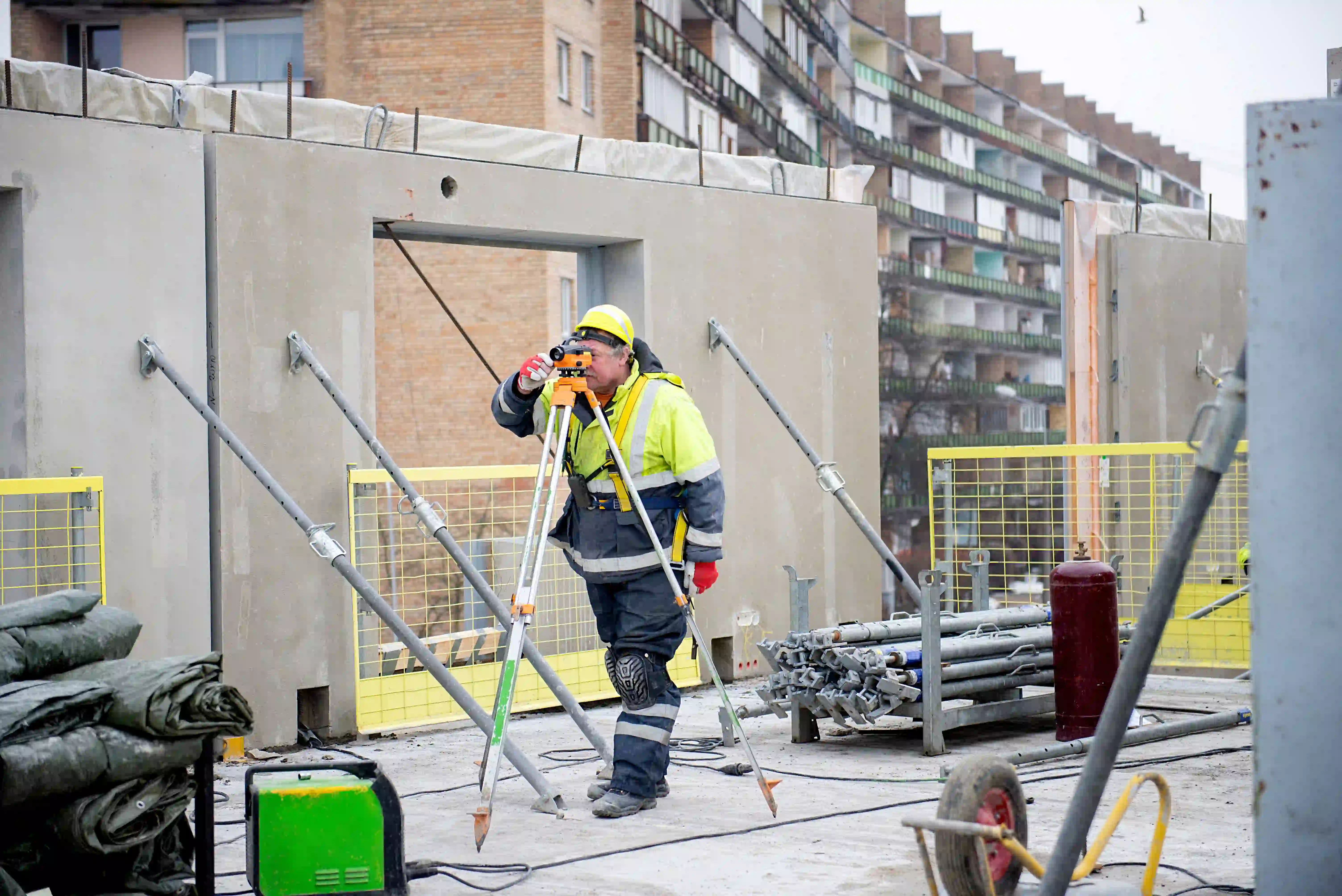Public sector construction projects play an important role in our communities, across every sector within the built environment from schools and hospitals to essential infrastructure. However, the financial risks associated with these projects can be significant. With limited budgets and rising costs, thorough financial due diligence plays a crucial role in safeguarding public funds and ensuring successful project outcomes.
Jump to:
The construction industry has seen many insolvencies since the pandemic. The risk of a contractor going into administration mid project means leaving public sector organisations with unfinished works, wasted funds, project delays, and potential quality compromises.
Financial due diligence acts as a safeguard to mitigate these risks. By thoroughly vetting and evaluating potential contractors before awarding contracts, public sector organisations can minimise the likelihood of working with financially unstable companies. This ensures that projects are delivered on time, within budget, and to the required standards.
The consequences of a contractor going into liquidation during a public sector construction project can be severe and lead to a cascade of problems that include:
-
Project Delays: Finding a new contractor and getting them up to speed can significantly disrupt project timelines.
-
Cost increases: Negotiating with a new contractor may mean additional costs due to the disruption and potential changes needed.
-
Quality Concerns: There's a risk that the new contractor won't be able to seamlessly integrate with the existing work, potentially affecting the project's quality.
-
Public Frustration: Unfinished projects can cause issues with the public and dissatisfaction with government spending.
By taking the time for proper due diligence, public sector organisations can significantly reduce the risk of these negative outcomes.
A full due diligence process for public sector construction projects should cover the following key areas:
-
Financial History: Assess the contractor's financial stability by reviewing their financial statements, including profit and loss accounts, and cash flow statements.
-
Credit Reports: Evaluate the contractor's creditworthiness by obtaining credit reports and checking for any adverse payment histories.
-
Risk Scores: Utilise risk assessment tools to identify potential financial risks and assess the contractor's likelihood of insolvency.
-
Project Experience: Evaluate the contractor's experience with similar projects to ensure they have the necessary expertise and resources.
-
Insurance Coverage: Verify that the contractor has adequate insurance coverage to protect against potential liabilities during construction.
-
Contractual References: Contact previous clients of the contractor to get firsthand feedback on their performance and reliability.
By implementing a robust due diligence process, public organisations can significantly reduce their exposure to financial risks during a construction project procurement process:
-
Develop Clear Criteria: Establish clear financial benchmarks and project experience requirements that potential contractors must meet.
-
Standardised Process: Develop a standardised approach to due diligence to ensure consistency and thoroughness across projects.
-
Dedicated Team: Allocate a team with expertise to analyse financial data and assess contractor capabilities.
-
Third Party Assistance: Consider utilising third party resources for in depth financial analysis and risk assessment.
-
Ongoing Monitoring: Regularly monitor the financial health of your chosen contractor/s throughout the project to identify any emerging risks.
At Procurement Hub, we understand the importance of streamlining public sector procurement processes. Our solutions, some of which, specifically designed for construction projects, significantly reduce the time and effort required for due diligence.
Here's how Procurement Hub can help:
By utilising Procurement Hub’s solutions, your organisation can focus on delivering essential projects for their communities with greater confidence and reduced risk.
-
Pre vetted Suppliers: We’ve minimised the risk so you don’t have to. Our public sector construction frameworks only include pre vetted, best in class construction companies that have already undergone rigorous financial and capability assessments.
-
Reduced Burden: By leveraging our pre approved frameworks, public sector organisations can minimise their own due diligence workload.
-
Transparency and Value for Money: Procurement Hub operates with complete transparency regarding fees and processes, ensuring public sector members can trust they are getting the best value for money.
-
Financial Checks: Mandating the ongoing openness and transparency of financial information is fundamental to providing confidence
-
Low fees: We pride ourselves on utilising the public purse wisely and as we are not privately owned we can keep our fees low, which means that customers have more available funds to spend on their essential projects.
-
Free Membership: Public sector organisations can join Procurement Hub for free to gain access to our solutions, including those specifically designed for construction projects.
Ready to learn more? Explore our Public Sector Procurement Solutions.

